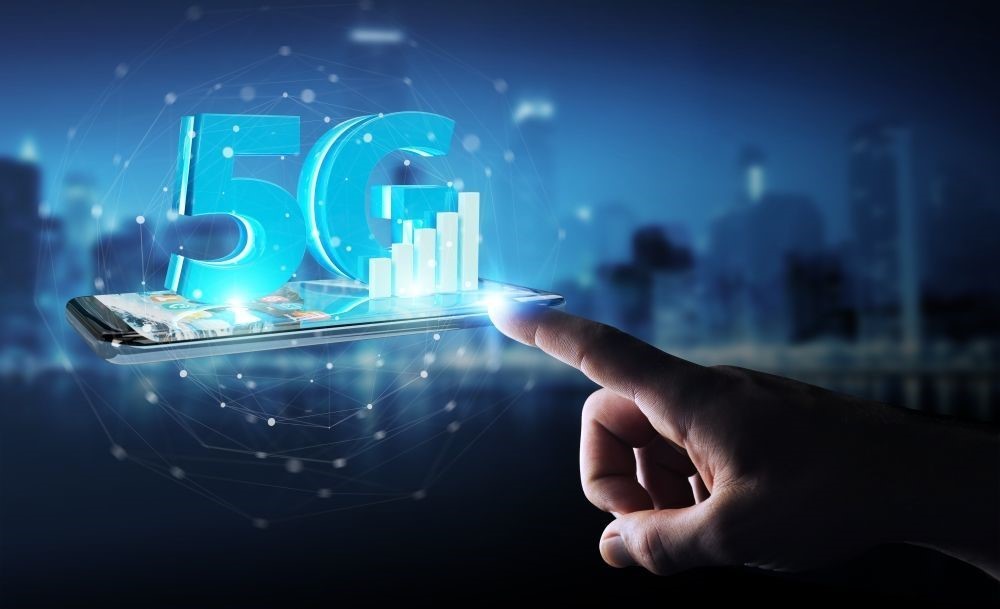
Blog
5G - the wireless technology that will change the world
We had to wait quite a bit of time until its arrival, but 5G is finally here. According to Data Alliance, several carriers, including Verizon, AT&T, T-Mobile and Sprint have already tested this new wireless technology last year, and the results were very promising. And yet, few people understand the key advantage of 5G. Almost everyone knows that the next "G" generation is supposed to bring greater data transfer speeds, but this is just one of the pros, and I'd dare to say that it isn't the most important one. So, keep on reading and I promise that you will discover the real advantage of using 5G.
Before I begin, we should all remember that 5G is supposed to replace 4G, the current version of the data communication technology. Unlike 4G, it utilizes three frequency intervals. The first one, called the low-band spectrum, is similar with the one that's currently used by the Long-Term Evolution (LTE) operators, and will provide data transfer speeds that are similar with 4G, reaching up to 100 Mbps. The second frequency interval – the mid-band spectrum – can provide a speed increase of up to 1,000%, in theory. Don't get too excited, though, because signal range won't be that great. So, you will be able to get great speeds when you are close to a cell tower, but things will change for the worse quite fast, as you move away from it.
Finally, the high-band spectrum is the only upgrade that's actually worth mentioning. So, if you are eager to switch to 5G, ensure that your carrier provides a high-band 5G service, which is also known as mmWave, and will actually make you feel that you've stepped into the new era of wireless communications. I am talking about higher data transfer speeds, of course, but most of all about a significantly reduced latency, which will make your website browsing experience similar with the one that you're having when you are reading an e-book on a Kindle, for example. Yeah, you won't have to wait until the servers send your mobile data packets back and forth, because with high-band spectrum 5G, latency will be really, really small.
The mmWave technology has its own problems, though; any signal that utilizes a high frequency (and we're talking about tens of GHz here) tends to bounce off surfaces a lot, and this reduces signal range. Still, cell operators are aware of the problem and will utilize beamforming, which can send an almost straight signal "ray" from the closest cell tower to your phone, as well as smaller cells, which are placed in-between the existing cell towers, to improve the overall coverage.
Many carriers that are currently providing 4G services tend to run out of capacity at peak hours. This means that phone calls may be terminated unexpectedly, Internet access speeds may vary a lot, and so on. Fortunately, even though upgrading the equipment to 5G requires a significant financial investment, it will also permit carriers to provide better services to their clients, because it allows more people to utilize the services provided by a single cell without overloading it.
So, should you buy a 5G phone today? It's not surprising that some of the top smartphone manufacturers continue to bet on 4G, at least for now. To give you an idea, Samsung's recently released Galaxy Note 9 utilizes the older 4G LTE chipset. Also, if you think that wireless radiation can be dangerous (and several independent studies confirm that) a 4G-based phone will help reduce the risks.
My recommendation is to wait at least until the first generation of 5G chipsets is released, and their bugs are fixed. Also, you shouldn't forget that the first 5G smartphones are very likely to support the low-band and/or the mid-band spectrum, so they won't offer too many exciting benefits.